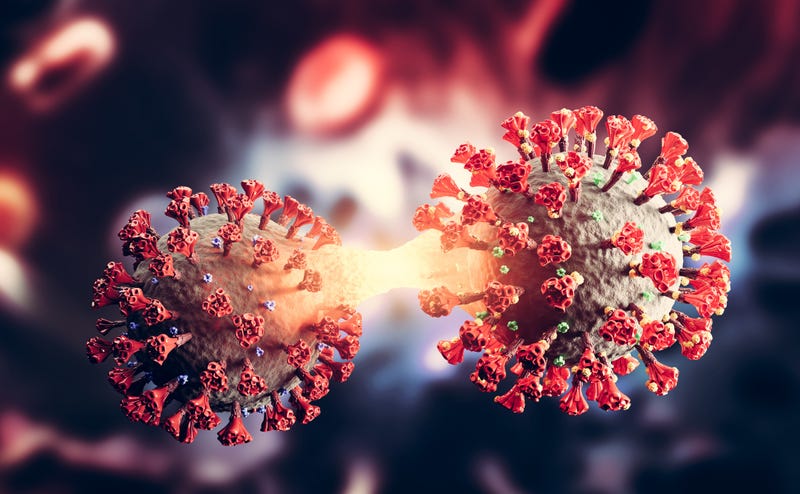
Until recently, the BA.5 Omicron subvariant of Covid-19 made up the vast majority of all cases. It has now been replaced by the BQ.1 and BQ 1.1, both also from the Omicron family.
These new subvariants comprise at least 60 percent of cases in Texas. Dr. Luis Ostrosky, chief of infectious diseases at UTHealth Houston and Memorial Hermann says it's a matter of evolution.
"Throughout the pandemic we've seen constantly variants emerging that are more transmissible and more effective to propagate than others. That is the case for BQ.1 and BQ 1.1."
He notes some nations are bellwethers for what will happen next. The next variant of concern could be BF 7, which is rampant in China. New variants have also emerged from the UK and South Africa.
And although we may hear less about Covid in the news, Ostrosky notes wastewater samples in the Houston area show more and more people are getting infected. "We're not done. We need to keep our guard up."
There is a silver lining in this in that all these sub-variants have the Omicron lineage. And Dr. Ostrosky says the new, bivalent vaccine offers very good protection. The problem is too few Texans have opted to get the shots. The unvaccinated are 13 times more likely to test positive for covid and 21 times more likely to die from the virus.
LISTEN on the Audacy App
Tell your Smart Speaker to "PLAY 1080 KRLD"
Sign Up and Follow NewsRadio 1080 KRLD

